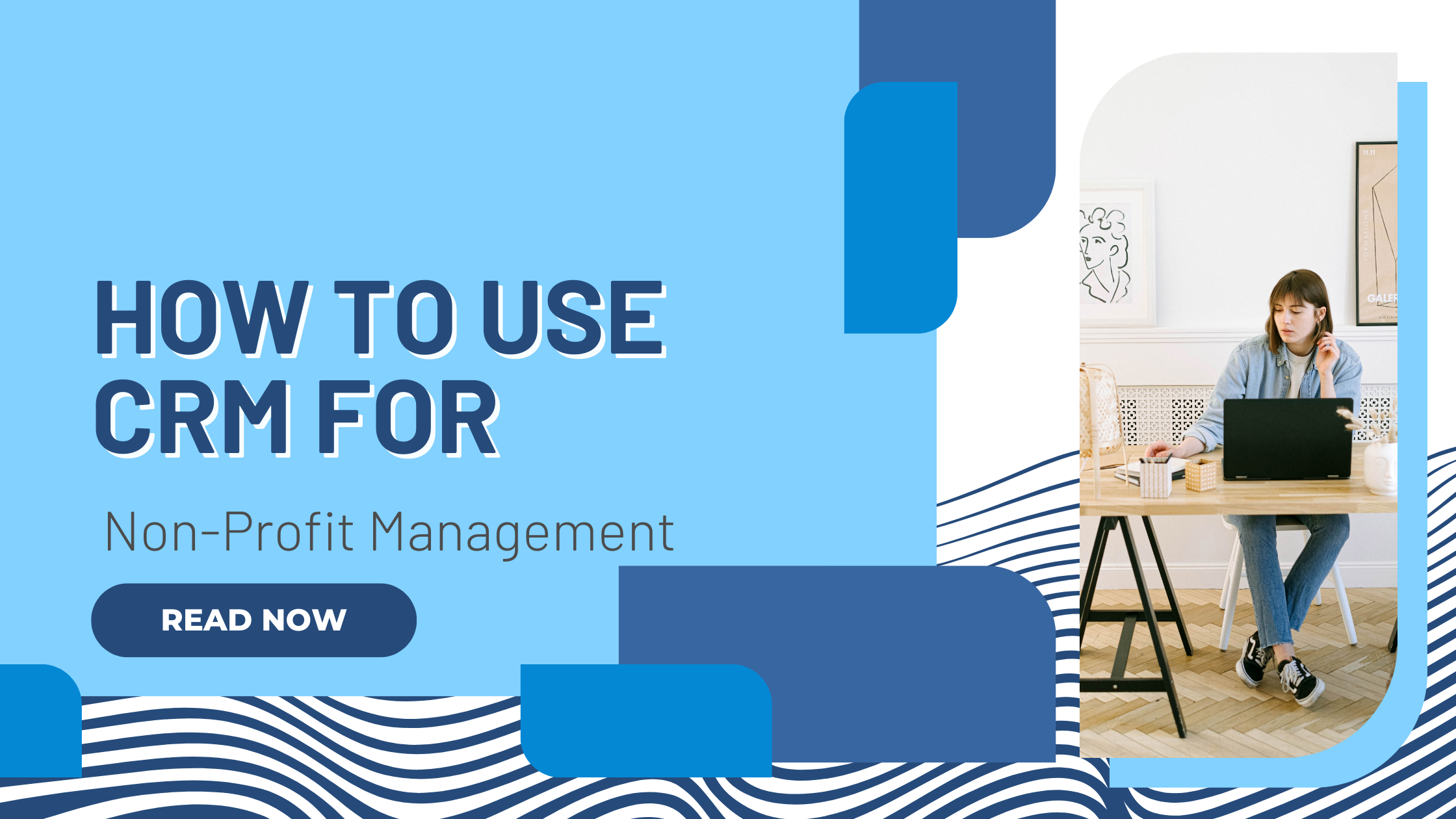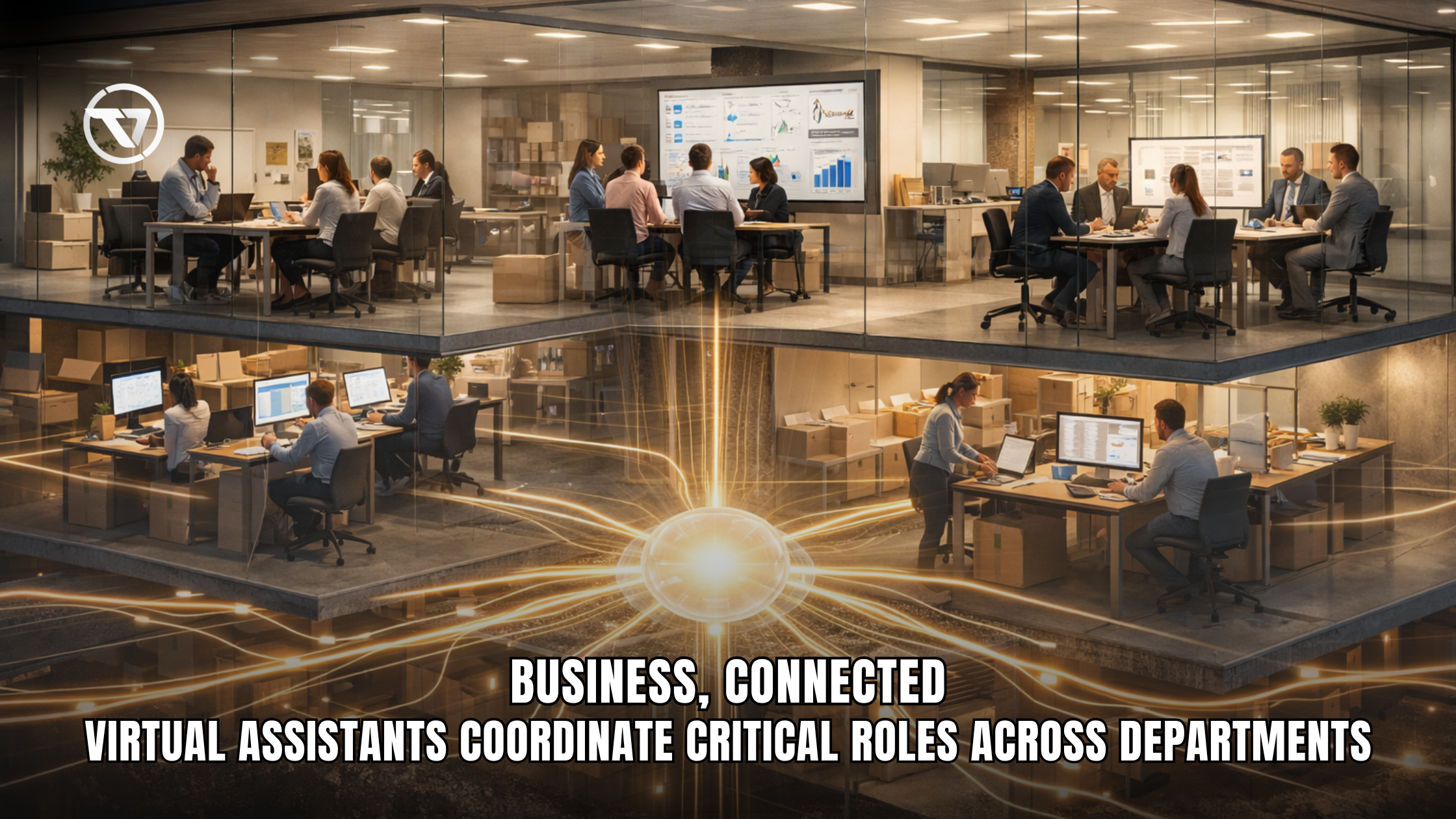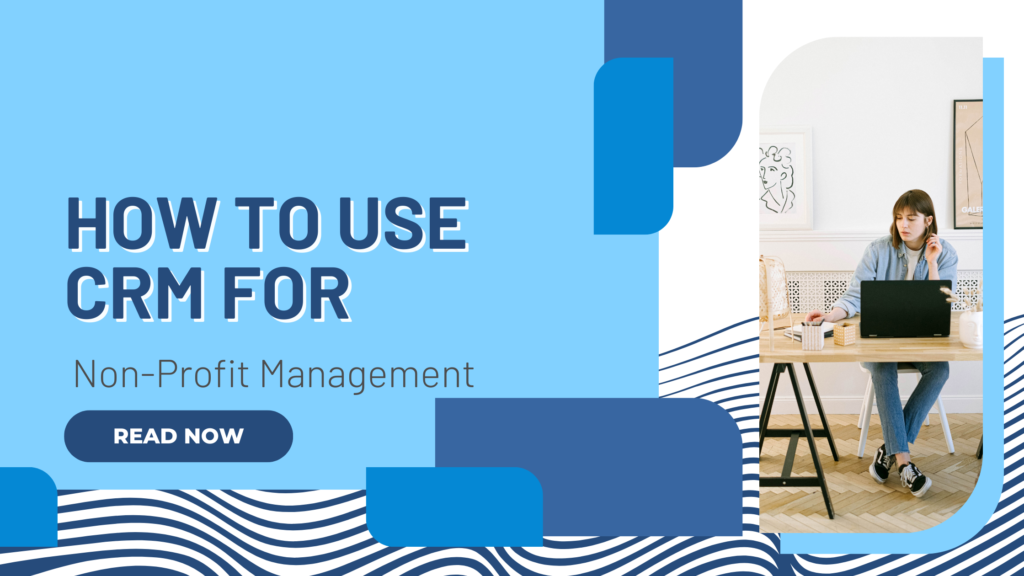
How to Use CRM for Non-Profit Management
Non-profit organizations rely on strong relationships with donors, volunteers, and stakeholders to achieve their mission. A Customer Relationship Management (CRM) system helps streamline these connections, automate fundraising efforts, and manage operations efficiently. According to Statista, over 75% of nonprofits now use CRM systems to improve donor engagement and fundraising strategies. This guide explores how to use CRM for non-profit management effectively.
What is a Non-Profit CRM?
A non-profit CRM is a software solution designed to track donors, manage fundraising campaigns, monitor volunteer activities, and streamline outreach efforts. Unlike traditional business CRMs, these systems focus on donor engagement, grant management, and event planning.
Key Benefits of Using CRM for Non-Profit Management
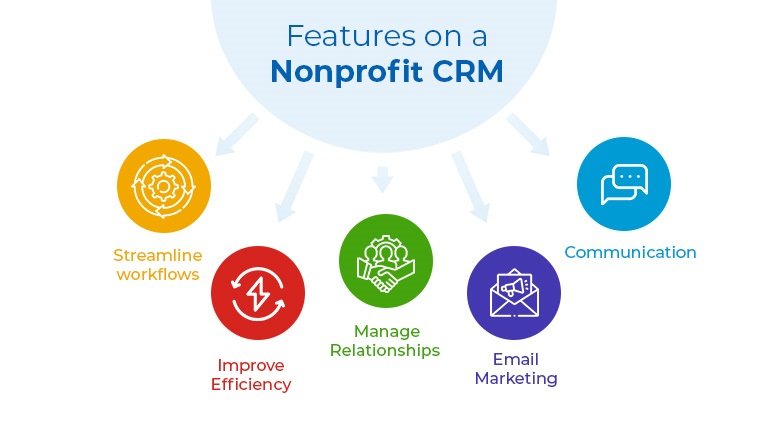
Implementing a CRM helps non-profits optimize operations and maximize fundraising potential.
1. Donor Relationship Management
A CRM stores donor history, contribution records, and engagement data, allowing organizations to personalize outreach efforts.
2. Streamlined Fundraising Efforts
CRM tools automate fundraising campaigns, recurring donations, and grant applications, reducing administrative workload.
3. Volunteer Tracking and Engagement
Non-profits can monitor volunteer hours, assignments, and participation, ensuring better engagement and recognition.
4. Automated Email and Social Media Campaigns
CRM systems integrate with email marketing platforms and social media, enhancing communication with donors and supporters.
5. Event and Campaign Management
Organizations can track event registrations, ticket sales, and attendee engagement, ensuring successful fundraising events.
6. Improved Reporting and Analytics
CRM dashboards provide real-time insights into donations, campaign performance, and donor behavior, enabling data-driven decision-making.
Best CRM Systems for Non-Profit Organizations
Non-profits require user-friendly, cost-effective, and scalable CRM solutions. Here are the top CRM tools:
- Salesforce Nonprofit Cloud – Best for large non-profits with advanced automation.
- Bloomerang – Focuses on donor retention and engagement tracking.
- NeonCRM – Combines fundraising, membership management, and donor tracking.
- Kindful – Integrates with email, accounting, and event management tools.
- DonorPerfect – Offers grant management and donor analytics.
How to Use CRM for Non-Profit Management Effectively
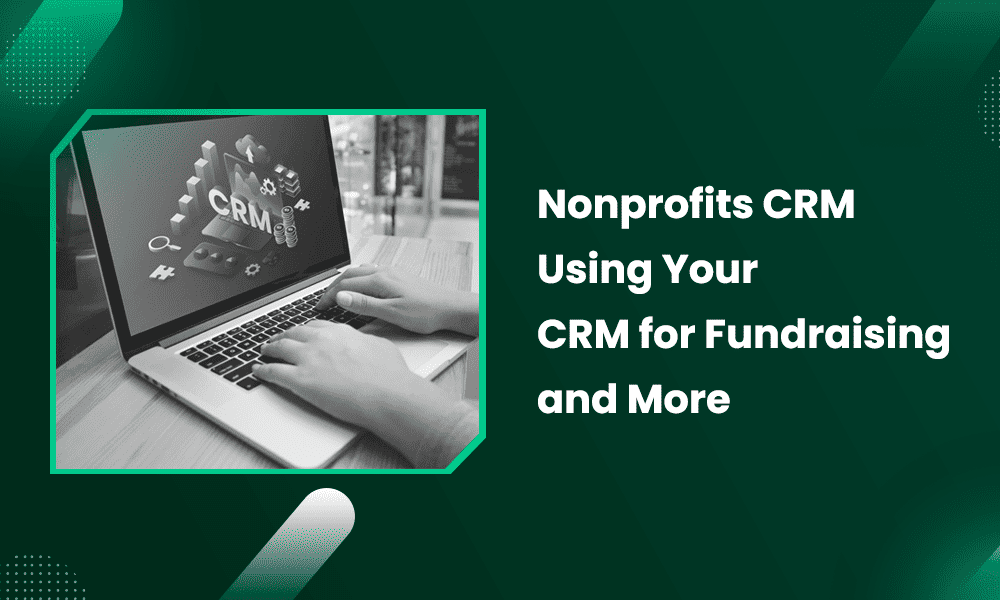
Non-profits can follow these steps to maximize CRM benefits.
1. Centralize Donor and Volunteer Data
A CRM consolidates donor profiles, gift history, and engagement metrics into one unified platform.
2. Automate Donor Outreach and Communication
Use CRM automation to send thank-you emails, event invitations, and personalized donation requests.
3. Create Data-Driven Fundraising Strategies
Analyze donation trends and segment donors based on giving capacity, event participation, and engagement levels.
4. Improve Grant and Proposal Management
CRM tools track grant application deadlines, funding sources, and follow-ups, ensuring a structured application process.
5. Enhance Volunteer Engagement
Non-profits can assign tasks, schedule shifts, and recognize volunteer contributions through CRM automation.
6. Monitor Campaign Performance
Track key performance indicators (KPIs) like donation frequency, email open rates, and donor retention rates.
7. Integrate CRM with Other Non-Profit Tools
Sync the CRM with accounting software, donation platforms, and marketing tools for seamless operations.
AI and Automation in Non-Profit CRM
Artificial intelligence improves CRM efficiency by automating donor engagement and predictive analysis.
- AI Chatbots: Automate donor inquiries and event registrations.
- Predictive Analytics: AI forecasts donation trends and donor preferences.
- Automated Follow-Ups: AI-driven emails increase donor retention.
- Smart Campaign Segmentation: AI personalizes outreach based on donor history.
Challenges in Implementing CRM for Non-Profits
Despite its advantages, CRM adoption in non-profits has some challenges.
- Limited Budget: Many non-profits struggle with CRM software costs.
- Staff Training: Teams require proper CRM training for effective usage.
- Data Security: Ensuring donor data privacy is crucial for compliance.
- System Integration: Non-profits need CRMs that integrate with existing tools.
Why Choose TaskVirtual for Non-Profit CRM Management?
TaskVirtual provides expert CRM solutions for non-profits, ensuring seamless donor management and fundraising automation.
- Customized CRM implementation and workflow automation.
- AI-powered donor segmentation and campaign tracking.
- AI-enhanced customer support for efficient call routing and message taking.
- Affordable pricing starting at $3.12 / hour to $14.99 / hour, ensuring value for money.
- 364 positive reviews on esteemed VA reviewing platforms, which amounted to a 4.7-star rating
- Integration with Salesforce Nonprofit Cloud, Bloomerang, and Kindful.
Explore our non-profit CRM services to enhance donor engagement.
Conclusion
CRM systems play a crucial role in non-profit management, donor engagement, and fundraising automation. By leveraging CRM solutions like Salesforce Nonprofit Cloud, Bloomerang, and NeonCRM, non-profits can optimize their operations and improve donor retention. AI-powered automation further enhances efficiency, ensuring personalized donor interactions and data-driven decision-making. Partner with TaskVirtual to implement the best CRM strategies for your non-profit organization in 2025 and beyond.
